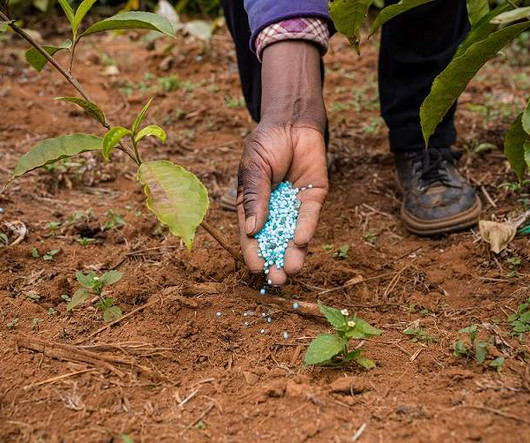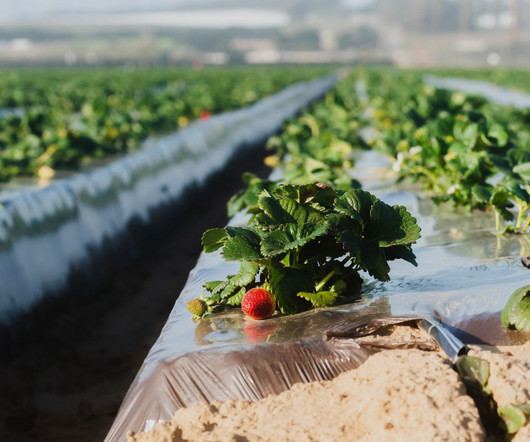Fertilising Plants – All you need to know
Kavya Organic Farm
AUGUST 24, 2023
Nitrogen helps with greenery, and potassium helps with plants’ stalks and straws Why fertilisers? Some traditional farming and agricultural methods, to date, use other methods of fertilising plants, especially farm manure and compost. They increase the depth of the roots and the water intake and volume.











Let's personalize your content